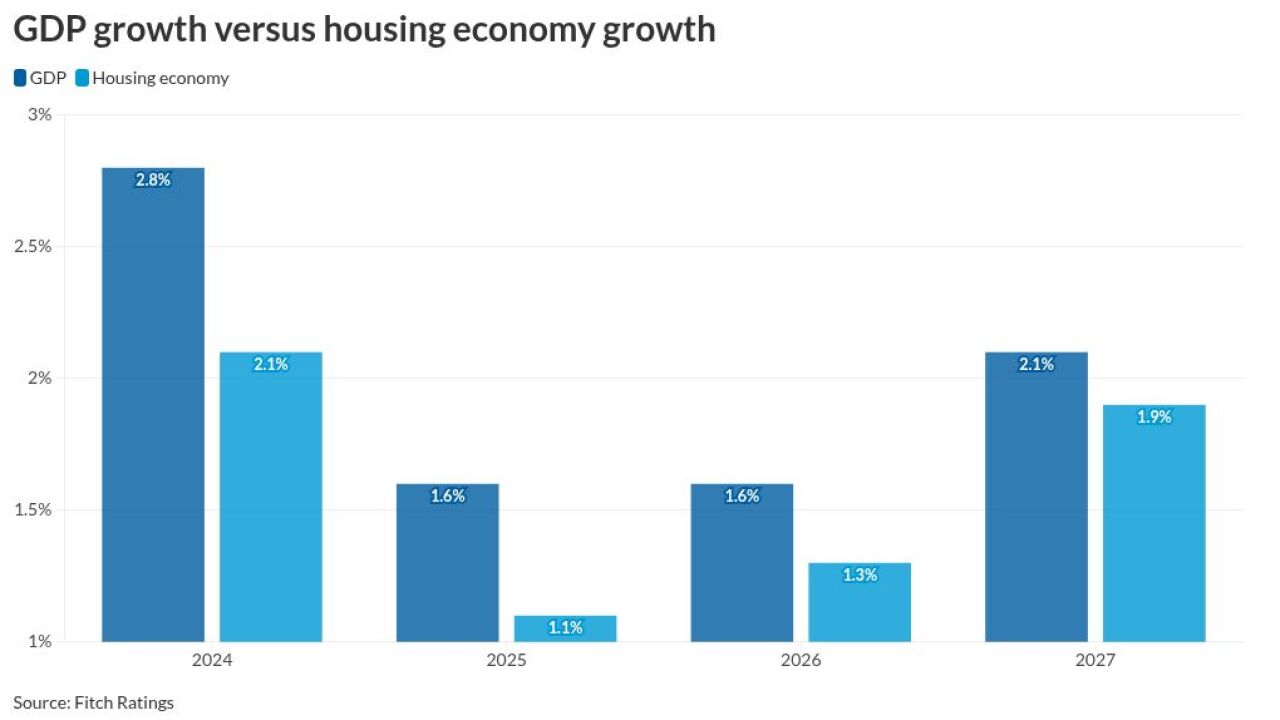Many financial institutions, including M&T Bank Corp., got burned by the CDO market's collapse resulting from the crumbling of subprime mortgages.
M&T is the first major U.S. banking company to try to recoup its losses in court, but lawyers and analysts say the case could set a precedent for other sophisticated investors.
The Buffalo company is suing Deutsche Bank AG and the money manager HBK Investments, for $82 million, claiming they sold M&T high-risk CDOs fraudulently.
The suit, filed late last Monday in New York Supreme Court for Erie County, said Deutsche Bank and HBK packaged and sold securities that they claimed were "safe, secure, and nearly risk-free." Those claims were "entirely false," M&T said; in the fourth quarter it took a $78 million after-tax charge related to the impairment of its CDO portfolio.
In the lawsuit, M&T accused Deutsche Bank of intentionally withholding material information about quality and default problems with the CDOs - which were tied to subprime mortgages - that would have led to downgrades by rating agencies.
A Deutsche Bank spokeswoman would not discuss the allegations. Attorneys for M&T said they could not comment beyond the contents of the lawsuit.
Wall Street lawyers reached last Tuesday would discuss the case only anonymously, citing the potential for conflicts of interest. They said that there have been several past cases involving banks and allegations of securities fraud, but M&T's suit would be the first of its kind involving two large banking companies since the unraveling of CDOs came to light last year. Should the case make its way to trial, any ruling could set a precedent, the lawyers said. "We don't have any meaningful new decisions in this area," one lawyer said Tuesday.
Another securities lawyer said the defendants are likely to argue that the CDOs lost value because of the rapid deterioration of the market, rather than some special risk with the securities themselves.
"It is a narrow needle for ... [M&T] to thread." Nevertheless, "a court may be hesitant to dismiss this case, at least in the early stages," the lawyer said. "You may see" a verdict in this case.
Typically, lawyers said, a company being sued for fraud will ask the courts to extend the customary 30-day window to respond. If such an extension were granted in this case, Deutsche Bank likely would get 60 to 90 days to respond.
Patricia McCoy, a law professor at the University of Connecticut, said M&T may have a strong case if it can show concrete examples of Deutsche Bank's failing to disclose information agencies would need to rate the CDOs accurately.
On the other hand, McCoy said, skeptics might argue that "an institutional investor like M&T" should have been aware of the risk involved in such an investment.
Mark Fitzgibbon, head of research at Sandler O'Neill & Partners, agreed with both her points. "On one level, this is very interesting, because it could set a precedent for others to sue the firms that created these securities," Fitzgibbon said. "But on another level, these are professional investors."
Either way, McCoy said, M&T may be at the forefront of a trend." I would not be surprised to see many more of these lawsuits in the future," she said.
(c) 2008 Asset Securitization Report and SourceMedia, Inc. All Rights Reserved.
http://www.asreport.com http://www.sourcemedia.com





